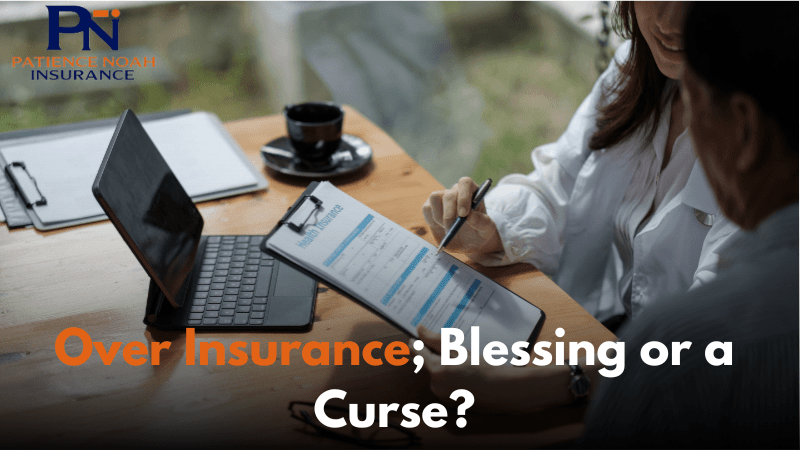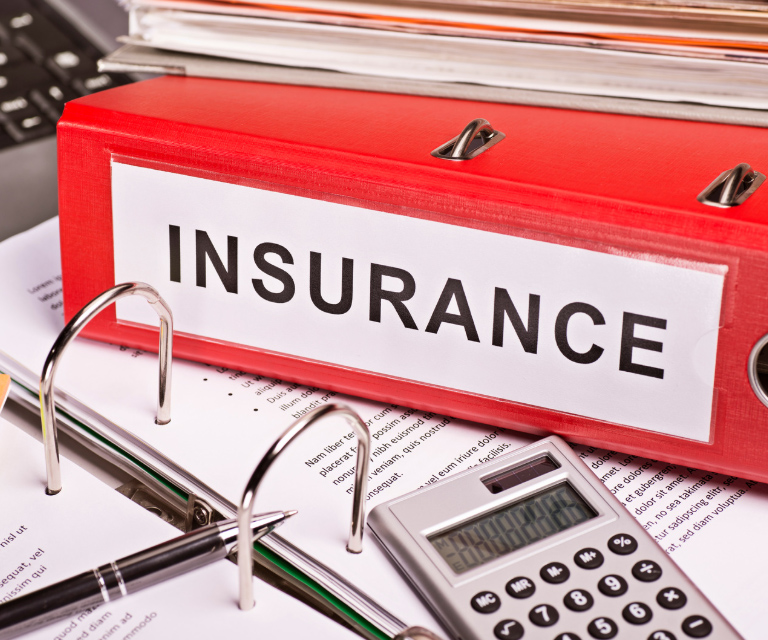Having insurance is a true blessing that facilitates utmost financial protection. It lessens the risks and provides security against catastrophe and potential losses. That’s why the highly saturated insurance market has launched various policies all over the globe.
Beware! Not every insured product is right for you. You read that right! Many brokers and insurers may lead you to under or over-insurance. Remember, both circumstances can result in considerable wealth losses and financial threats.
What is Over Insurance?
As the name suggests, it is a condition in which the insurance premiums or coverage are more than the actual cost of insured property. In simple words, insurance is way more than it’s required.
This has now become a common issue globally. Brokers keep looking for high-wealth individuals and push them towards such policies. As a result, the person ends up paying more coverage than the value or replacement expense. Mostly, it is your house that ends up being over insured.
What Happens If Your Home Is Over-Insured?
Home insurance has become a necessity as it guards you against damage or theft. You may find several types of home insurance policies. Each contract is designed to confront the loss of your property and belongings. However, choosing the wrong one can put both parties in trouble. Usually, investing in duplicate, overlapping policies and redundant coverage causes the issue.
In the case of an over-insured home, you will have to pay more money than the market value. The situation can become worse if your property value starts decreasing over time.
When it comes to any damage, the yearly premiums are way more than the actual loss or reconstruction costs. Not only can the policyholder get out of pocket, but it is also a headache for the insurer. In some cases, the policyholders make inaccurate assertions to make profits.
Let’s make it more clear with some over insurance examples:
- For instance, John insured his home with all of its belongings for $1,000,000. But a natural disaster or fire destroyed everything. However, the actual repair cost is around $500,000. It means that he has paid double the substantial loss.
- You have insured a car or any other property that devalues over time and usage. The collective premium of the vehicle is more than any accidental damage.
- The market value of Melissa’s home with construction is around $400,000. But the annual premiums collectively turn out to be around $800,000. The figures reveal that Melissa is at a considerable loss.
How Can You Prevent It?
Consider the following aspects and save yourself from this curse.
- Consider your property’s market value and compare it to the demanded coverage.
- Never take guesses. Instead, try giving the best valuation of your assets.
- It is better to shop for additional coverage to secure your valuable house belongings, like electronic items and precious craftwork.
- Examine the policy amounts that you’re paying for unexpected events.
- In the case of life insurance, seek an adequate cover amount.
- You can avail of home insurance discounts by being a loyal consumer.
- Don’t invest in unnecessary or excessive policies.
- Pay large deductibles to enjoy less premium.
- Visit the insurance agent after every six months.
- Take advice from a professional and go for the best coverage plan.
- Try buying all policies from the same company for better deals.
- Keep records and document all content.
Over Insurance Vs. Under Insurance
Paying more insurance is definitely a waste of money, but being under coverage is more threatening than your thoughts!
According to a search by the Rutgers Centre for Risk and Responsibility, three out of five homes in the US are underinsured. It is an inadequate policy that is insufficient to prevent the risks of unpredictable calamities. Due to inferior compensation, the policyholders cannot recover the loss. It can also lead to a severe financial crisis. Let’s compare both to understand things better.
Over-Coverage
- Paying for more coverage might sound like you will be getting additional perks. However, it is not so!
- It can lead to considerable financial strains
- Conveys moral hazards
- It often invites conflicts during claims
- The conditions steal mental peace and make your life more hectic.
- The Complex coverage schedule can tighten your budget.
Under-Coverage
- Insufficient replacement amount to combat calamities.
- The policyholder will have to bear the remaining rebuilding cost from his pocket.
- In case of a catastrophe, the conditions give rise to financial downfall.
- Brings about disputes between both parties.
Conclusion
Eliminating risk and losses, insurance has the power to bestow your lives with safety and confidence. From health insurance to home policies and from infrastructure to trade and business sector, this magical scenario can help you in almost every field of life.
Look before you leap! Acknowledge each policy and examine its pros and cons. Also, conduct research, compare your needs, and shop for the right one!















